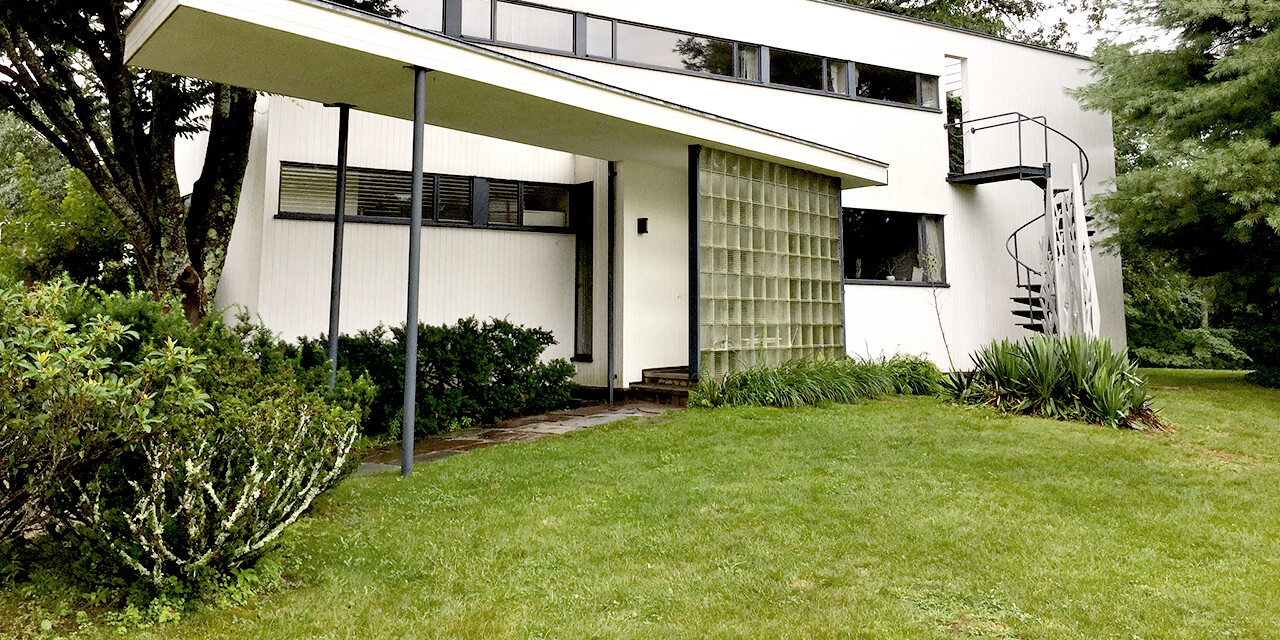Finding a good lending partner can be a difficult task but is crucial to successful investing. Here are a few questions you may want to ask a prospective lender:
#1: What are your loan terms?
There are many factors important to investors when selecting a lender but three of the most important are: interest rate, points, and fees. We’ll spend some time explaining each one and why you should care about them.
a) Loan to Value (LTV)
When buying a property, the LTV is the percentage a lender will fund based on the market value of the property. For example, if your lender will fund up to a 70% LTV, they would lend you $140,000 on a property worth $200,000.
Typically, the higher the LTV ratio, the better for you as an investor. If you have $50,000 that you can invest into real estate projects you could purchase property worth up to $167,000. Conversely, if your lender will only fund up to 60% LTV, you can now only purchase property worth up to $125,000. This is important because it could mean the difference between you being able to invest in a property or possibly even being able to do multiple projects. Obviously the advantage here is that you can make more money!
b) Interest Rate
Interest is how much the money would cost you if you had the loan for a full year. Even if you only have the loan for one month, the quoted interest will always be based on a full year. Interest expense is typically a large expense when investing in properties and can significantly affect your cash flow. Interest rates are very important and are what most people use to compare different lenders. This can be a costly mistake, however, because points/fees can alter this drastically as we’ll discuss in the next section.
c) Points
Points are a fee paid as a percentage of the loan balance. If your lender charges 2 points and you want a loan of $100,000 your “points paid” will be $2,000. When considering which lender is least expensive you need to consider “APR” or the annual percentage rate. If you have a 12% interest rate for a year on a $100,000 loan you will pay $12,000 ($100,000 x 12%). If you were charged 2 points you pay another $2,000. All together for the year you have paid $14,000 for the loan which translates into a cost of money, or APR, of 14% (total cost/loan amount). Let’s consider though that this was only a 6 month loan. Now you will only pay $6,000 in interest ($100,000 x 12% x ½ year). You still pay 2 points though so your APR is now 16% (total cost/loan amount/percentage of a year loan was held). As you can see the points paid can have a huge swing on how your loan is priced.
#2: Do you charge any additional fees?
Some lenders will advertise a lower rate, but make up for it by charging more points and fees. Some will charge: background check fees, underwriting fees, appraisal fees, documentation fees, etc. Make sure you understand all of these fees and question how much your loan is really costing you as this can affect the APR as we discussed earlier. A point of pride at Loan Ranger Capital is our very transparent fee structure.
#3: How quickly can you fund?
For investors a huge factor is how quickly they can fund your deal. Especially in transactions involving a motivated or distressed seller, funding quickly can be the difference in receiving a big discount.
#4: What are your property criteria?
Some lenders will only fund certain property types or in certain areas. This could mean a lender will only fund residential or commercial properties. Having a lender as a one stop shop can lead to building a relationship and securing better terms down the road. Make sure your lender will fund all the property types you’re interested in and in all the areas you’d like to invest.
#5: Are you a direct lender?
A question to ask your lender is “Do you have the funds on hand?” Many hard money lenders will “broker” your loan, meaning they need to find money to fund your loan still. At Loan Ranger Capital we are a direct lender and always have the money needed to fund your loan sitting in our bank account. So you can be confident in our ability to fund your deal and focus on the investment process.
#6: Do fund for rehab costs?
In fix and flip deal especially, financing repairs can be a critical part of the investment. Being able to borrow on the rehab costs in draws can be a big advantage. If your lender won’t do this, you’ll have to weigh this with the other aspects of the loan. You should ask what the lender will advance money on and how you need to document your costs.
#7: How knowledgeable is your lender?
If you find a good lender they can be a huge resource for help. Conversely, if your lender is not familiar with your properties, it can hinder your maximum potential. Make sure your lender has a local presence in your state so that they understand you as an investor and can be flexible or understanding when needed.
Like all of real estate there isn’t one simple answer to who you should borrower from. If you read these and think that we would be a fit, Loan Ranger Capital would love to help you start investing.
